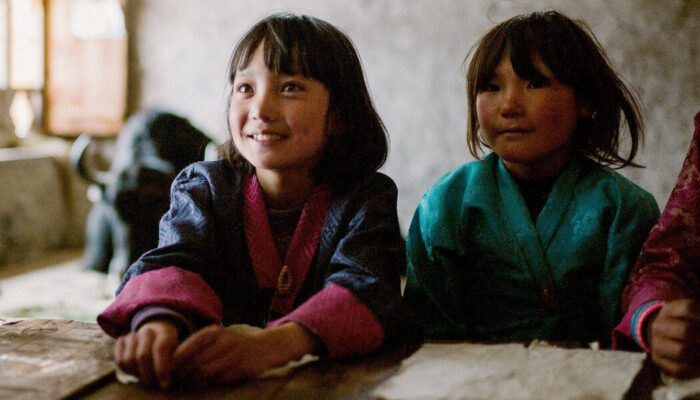Lunana: A Yak in the Classroom
A school on top of the world
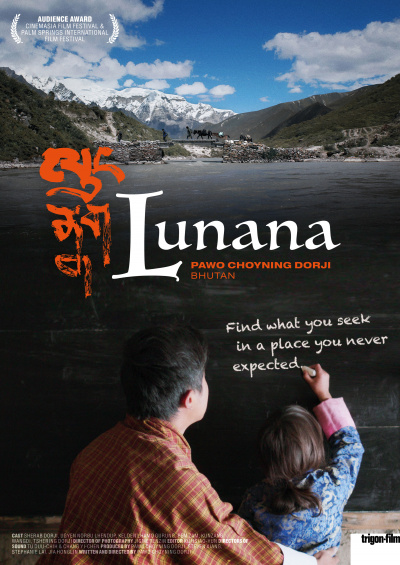
For those of us who live in the privileged globalized and connected world, it is difficult to understand that there are other very different realities. This disparity is brilliantly shown in the interesting Bhutanese movie “Lunana: A Yak in the Classroom” (BT, 2019), which is among the finalists in the Category Best Foreign Language Film at the Oscars 2022.
I confess that I was forced to research the internet to discover more about Bhutan. I have found that it is a small country wedged in the mountains between India and China, with a total area lower than the state of Rio Grande do Norte and a total population close to that of the city of Natal. This small constitutional monarchy has a strong connection with Buddhism, which is the official religion, and two-thirds of the population are literate, which is remarkable for a country with a large portion of the population living in the mountains and rural areas.
It is in this universe of contrasts that we will find the protagonist, Ugyen Dorji (Sherab Dorji). Ugyen is a well-tuned young man who lives in Thimphu, the nation’s capital, where he works as a teacher on a mandatory contract with the government. But Ugyen’s dream is to emigrate to Australia and be a singer, which leads him to relegate his current job.
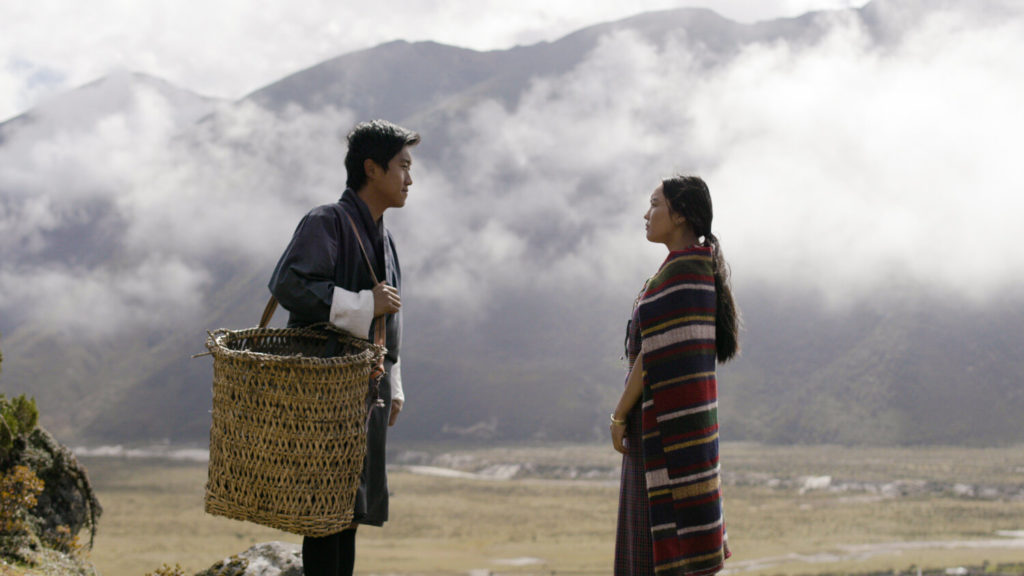
Because of this, the young man is punished with the designation for Lunana, a small village in the mountains. The place is so remote that, according to Ugyen’s boss, “Lunana’s school is not only the most remote school in Bhutan, but probably in the world.”
Ugyen’s punishment was not by chance. In a country where the biggest dream is to work for the government, and the teacher is highly respected, Ugyen’s attitude was practically an offense. In the country there is the program “Gross Internal Happiness”, which requires that education be offered to each child, no matter where they are.
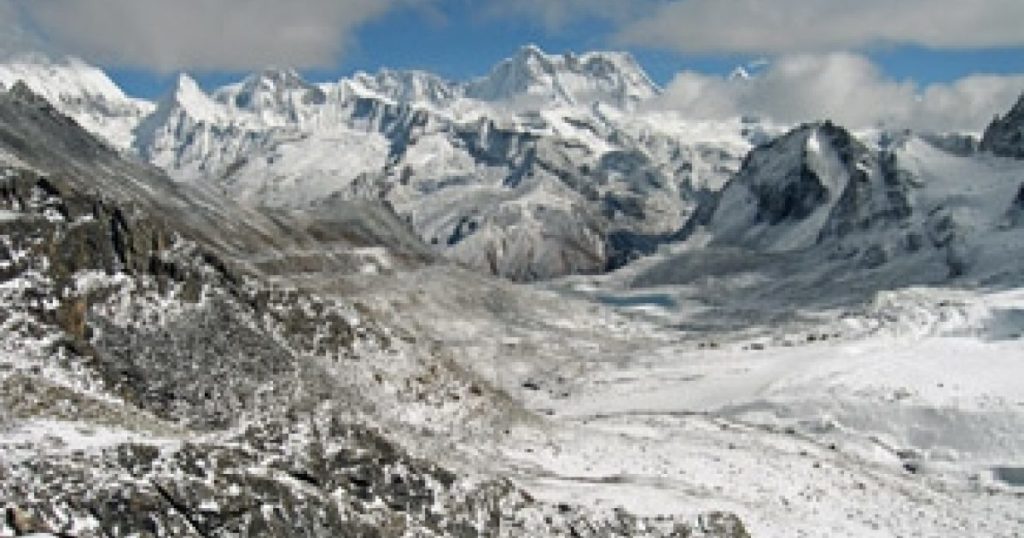
And so, begins Ugyen’s long journey, first in a van and then on an eight-day hike through the mountains, with altitudes reaching 5,000 meters. And if the trip was already shocking, upon arriving in the village of Lunana, the young man is even more awed.
The school consists of an old house, virtually without any teaching resource, there is no electricity, and Ugyen will be responsible for the eight children of the village, which had a total population of 56 inhabitants.
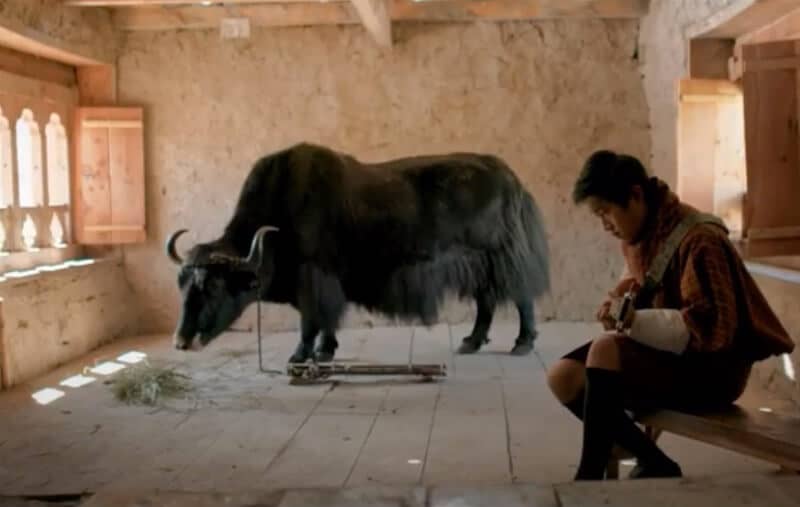
Ugyen’s rebirth process as a human being is curious, from the long journey in the care of the guide Michen (Ugyen Norbu Lhendup), the conversations with the attentive head of the village Asha (Kunzang Wangdi) and the shepherdess Saldon (Kelden Lhamo Gurung), which enchants him with her traditional songs and tender voice. Ugyen also learns a lot from his own students, especially the class captain Pem Zam (Pem Zam), who helps him with the school’s problems.
At last, there will come a time when Ugyen will have to leave the village, but the man who descends from the mountains is very different from the one who climbed it. The title of the film refers to the belief in reincarnations and the importance of the yak in mountain culture.
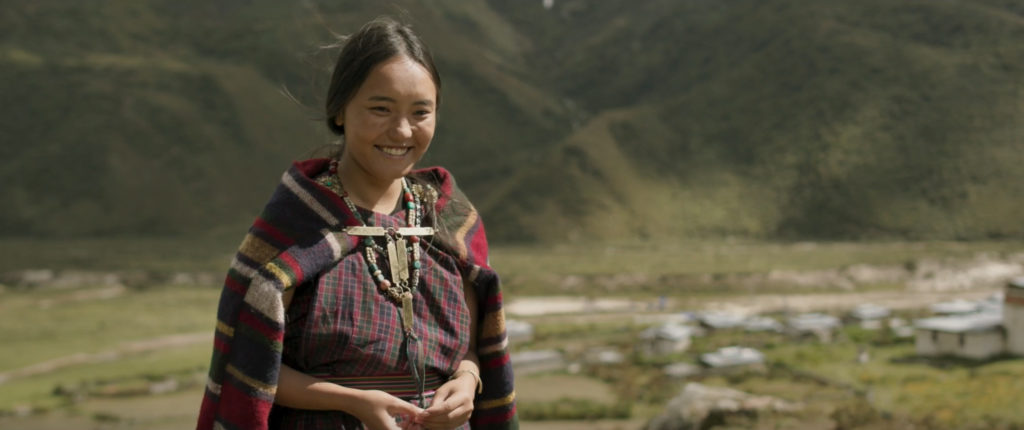
This film was written and directed by Pawo Choyning Dorji, a 38-year-old Bhutanese photographer, who achieved the rare feat of not only portraying his country and its culture, but also showing the clash of realities of today’s young people in their various instances.
An interesting aspect, which may cause strangeness in our audiences, is the absence of romantic or physical relationships. Everybody is very restrained, and no one touches the other, even in moments of emotion. There is a suggestion of romance between the protagonist and the shepherdess, but always on an implicit level.
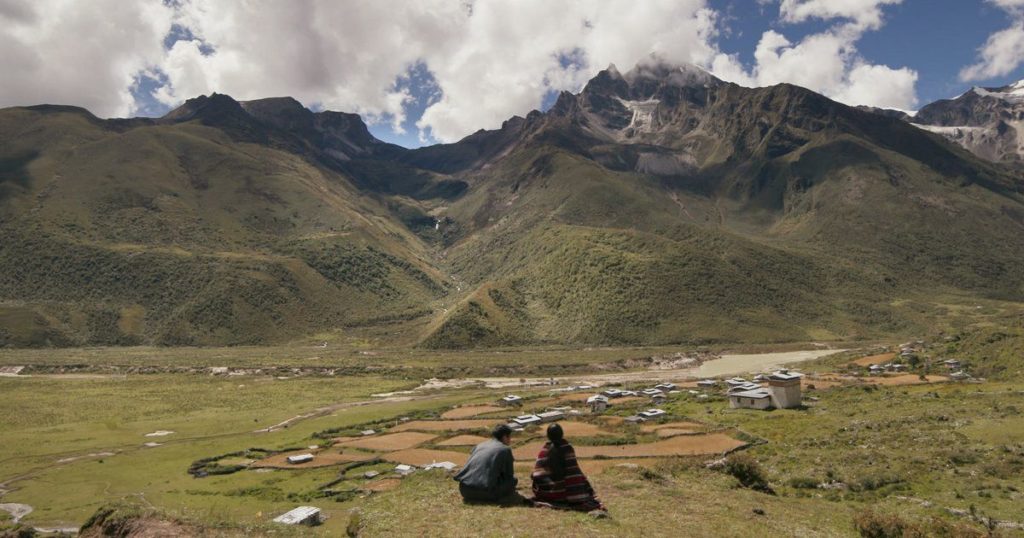
“Lunana: A Yak in the Classroom” is not just an exotic movie. It is fluid and pleasant to watch, and we hardly notice the duration of 1h 50m. In addition to the 2022 Academy Award nomination for Best Foreign Language Film, this movie won eighteen awards and ten more nominations at several international film festivals.
This movie is an opportunity to not only observe some amazing and rarely seen landscapes, but also to know a little of the culture of what is considered the happiest country in the world.

